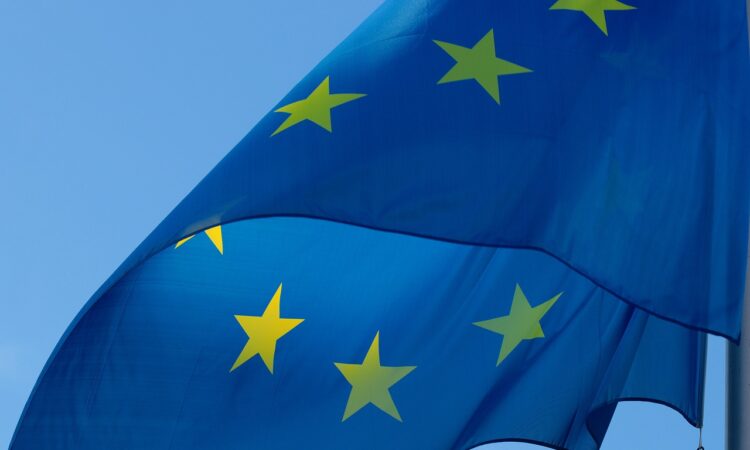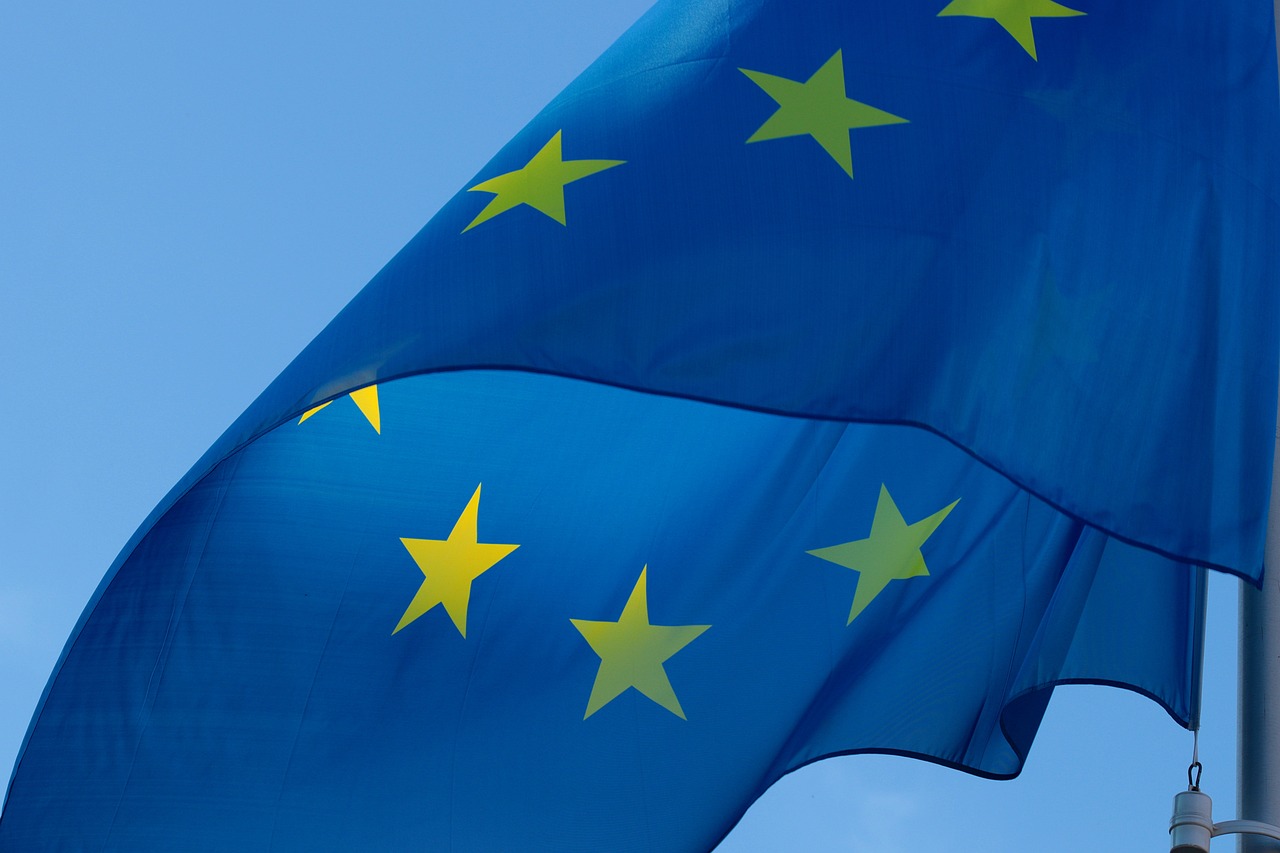

The European Parliament’s Committee on Budgetary Control held a hearing with three members of the European Commission on the implementation of the rule of law regulation in the case of Hungary.
In his speech, EU Justice Commissioner Didier Reynders said that Hungary adopted a new law on judicial reform in May 2023, and the European Commission decided in December that the conditions they had set had been met by the new legislation. The new law has led to several key achievements in the area of judicial independence in Hungary, including changes in the appointment of the president and deputy president of the Curia (Supreme Court of Hungary) and in the administration of the courts.
This has been regulated in the framework of the judicial system reform bill; the institutions have been given budgetary autonomy, and the Curia’s new operational rules have made its functioning more transparent and free from political interference,”
listed Reynders.

Didier Reynders. Photo: European Parliament
The European Commission (EC) has also criticized the Hungarian laws on child protection and asylum under the EU Charter of Fundamental Rights, hence the freezing of funds until they comply with EU law. The legal deadline for the six regulations on common provisions was mid-December 2023, so the EC was obliged to make a decision since Hungary had adopted the requested measures. If the EC had made a negative decision, Hungary could have challenged it in the EU Court of Justice.
The EC will continue to closely monitor further action by Hungary, and if there is a step backward in judicial independence, the restrictive measures will be reinstated. “Our ultimate goal is to find a solution by addressing rule of law concerns through concrete reforms,” he stressed.
Nicolas Schmit, Commissioner for Social Affairs, said that the EC considers the four milestones set by the board in the area of judicial independence have been met. “This automatically meant that the horizontal enabling condition on judicial independence was also met, as it was the basis on which the blocking of funds could be lifted. As a result, some of the funds have indeed been unblocked, meaning that the Commission can reimburse EUR 10.2 billion from the Cohesion and Home Affairs Funds by 2030.”
He pointed out that the assumption that the EU has already paid out EUR 10.2 billion to Hungary is not correct.
Brussels has merely allowed Hungary to draw down the funds as a reimbursement for projects that have already been implemented. He said the EC had initially blocked EUR 10.2 billion, and so far, only EUR 445 million has been disbursed.

Nicolas Schmit. Photo: X (formerly Twitter) / Jacques Delors Institute
“It is important to note that other shortcomings under the Charter of Fundamental Rights have not yet been addressed by Hungary, namely problems in the areas of LGBTQ communities, academic freedom, and asylum, so the rest of the funds remain blocked.”
Johannes Hahn, EU Budget Commissioner, recalled that under the rule of law conditionality, the council of Member State governments decided in December 2022 to suspend EUR 6.3 billion, because in his view Hungary had taken only partial corrective measures to address corruption. In this area, Hungary has still not introduced measures to correct the problems,” he added.
The commissioner said it was in the interest of EU Member States to ensure that the EU budget is properly protected under the treaties.
Fidesz MEP Andor Deli said that
this committee hearing was a repeat of the political blackmail that took place during last week’s EP plenary session.
He stressed that the summer and the European Parliament elections are approaching, and the “dissatisfaction of European citizens shows that this House will be a very different place after the elections.”
Via MTI; Featured Image: Pixabay








